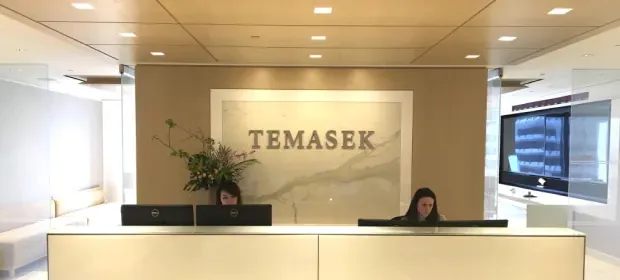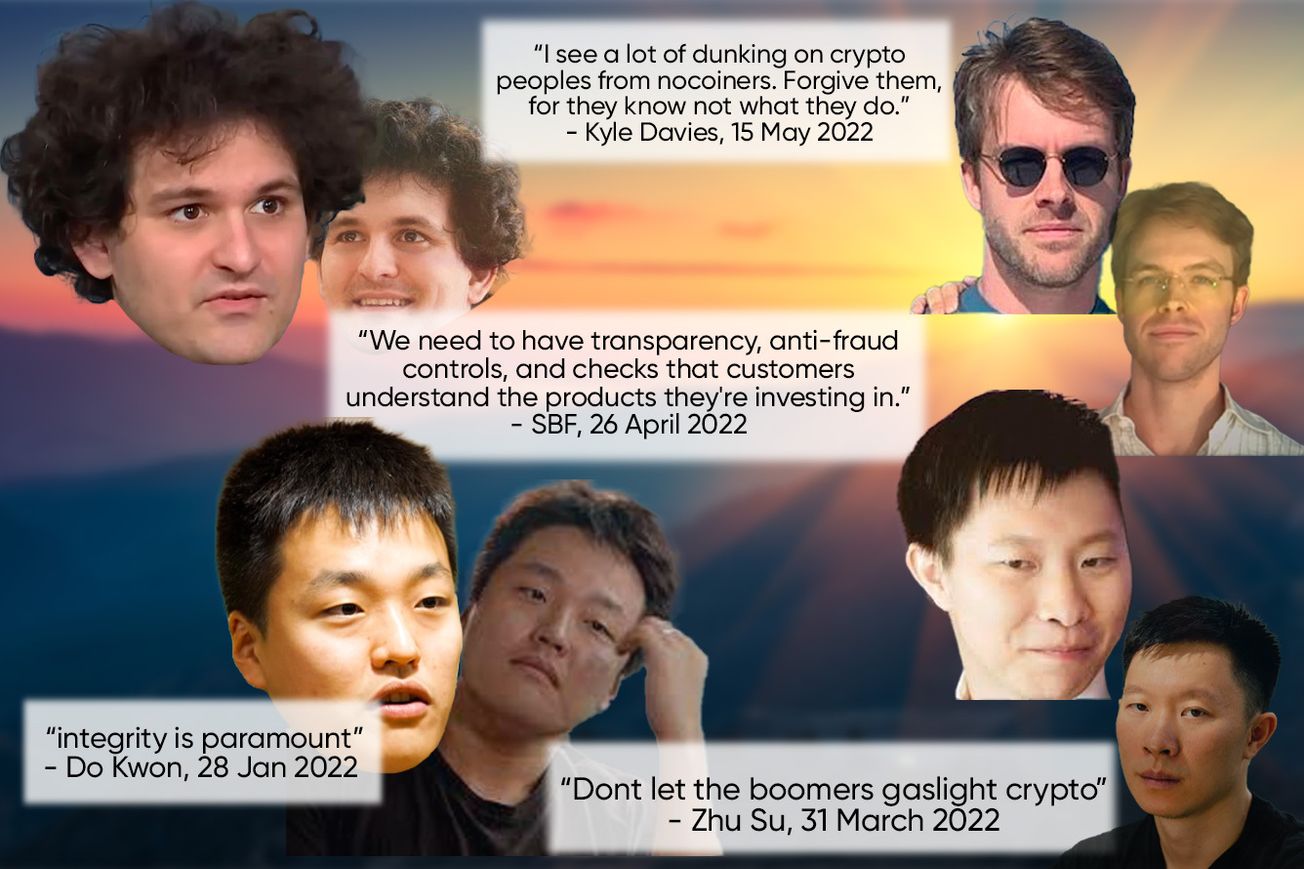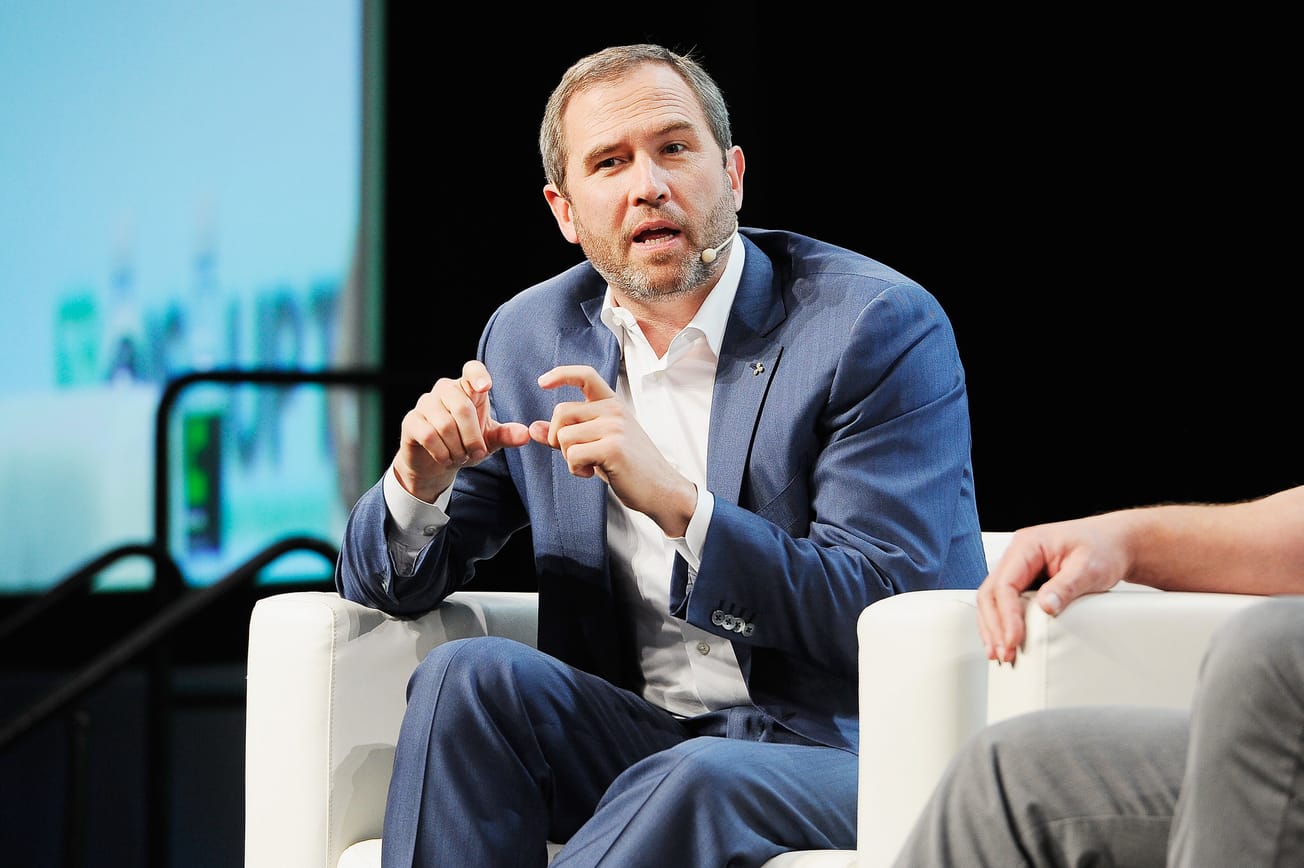Table of Contents
Singapore’s Deputy Prime Minister Lawrence Wong has said that Temasek suffered “reputational damage” as a result from its investment in the now-bankrupt FTX.
Temasek, widely regarded as one of Singapore’s two sovereign wealth funds, wrote down its US$275 million investment in FTX (amounting to 0.09% of its US$403 billion portfolio) on November 17. It’s the third-largest investor in FTX.
Wong, who is also the Minister of Finance, was responding to a slew of parliamentary questions on Wednesday about FTX’s dramatic collapse. According to Wong, Temasek’s losses, like the losses incurred by the country’s other investment entities, are disappointing.
“Even more so because the loss arose from what turned out to be a very badly managed company, and from possible fraud and mishandling of customer funds,” Wong said, adding that what happened with FTX also caused “reputational” damage to Temasek on top of its financial losses.
Wong also maintained that the country’s key financial institutions have little exposure to cryptocurrencies and players in the industry, and the FTX collapse will have very little “spillover impact” on the country’s economy.
According to Wong, Temasek will also initiate an internal review, conducted by a team separate from the one that made the decision to invest in FTX, to “study and improve its processes, and to draw lesson for the future”.
In a Facebook post on Saturday, Ho Ching, the spouse of Singapore’s Prime Minister Lee Hsien Loong and the former CEO of Temasek, conceded that Temasek’s losses is an “egg on our face”, but also argued that some of Temasek’s best investments were made by being “contratrian”.
She also added that Temasek can afford to be contrarian because it has it’s “own balance sheet” and can “think long term”.
Wong echoed Ho’s sentiments, stating that there will always be “new waves of innovation and technology that seek to disrupt the status quo”, and the country’s investment entities are long-term investosr that “have to operate in this space.”
“Some waves will turn out to be hype and fizzle out over time. Other technologies will prove revolutionary and transformational, like the internet. But even with genuinely revolutionary technology, there are risks. Many start-ups will fail, while a few will prove successful and grow into industry leaders like Tencent and BioNTech. The skill of venture capitalists lies in discerning the promising projects and backing them. Risk taking is an essential part of such investments,” he said.
Last week, the MAS clarified that Binance was not actually banned from operating in Singapore, after questions were raised as to whether “banning” Binance and placing it on the Investor Alert List (IAL) have led Singapore users to invest through FTX.com.
Read more: MAS Learns That Crypto is “Hazardous” After Temasek Writes Down US$275M
Wong repeated MAS’ message again on Wednesday, stating that the the MAS did not have a reason to restrict FTX as it was not actively soliciting users in Singapore unlike Binance.
“This does not mean that all entities which are not listed on the investor alert list are safe to deal with,” Wong said, adding that the it isn’t possible for the MAS to provide an “exhaustive list of all the unsafe and unlicensed entities in the world”.
“Cryptocurrency platforms can collapse due to fraud, unsustainable business models, or excessive risk-taking. FTX is not the first cryptocurrency platform to collapse, nor will it be the last,” he said.
Wong also reiterated that cryptocurrencies “are highly volatile and have no intrinsic value”, and that those who decide to invest in cryptocurrencies “must be prepared to lose their value”
“No amount of regulation can remove this risk,” he emphasised.
What next?
Singapore seems to have a very contradictory approach to crypto.
On one hand, the MAS is constantly reminding retail investors that cryptocurrencies are dangerous and speculative. However, GIC and Temasek, whose “mandates and objectives” are also established by Singapore’s government, have been making investments into crypto-related firms, including FTX – an exchange that dealt cryptocurrencies to the retail investors that the MAS supposedly wants to protect.
It’s clear that Singapore’s government and its investment entities are aware of the potential of blockchain technology and cryptocurrencies. However, more extensive due diligence should be conducted before government reserves are committed to an industry that MAS chief fintech officer Sopnendu Mohanty describes as an “unreal economy”.
Wong mentioned that the occurrence of investment losses “does not imply that the governance system is not working”, and it’s the “nature of investment and risk taking”. What’s apparent is that the same dangers of cryptocurrencies that the MAS wants to shield retail investors from can also hurt a well-established sovereign wealth fund, even if it’s not directly exposed to cryptocurrencies like retail investors.
It’s imperative that the objectives and mandates across all three entities (GIC, Temasek, and MAS) are aligned before a clearer path can be charted for Singapore’s crypto industry and its stakeholders including retail investors.









